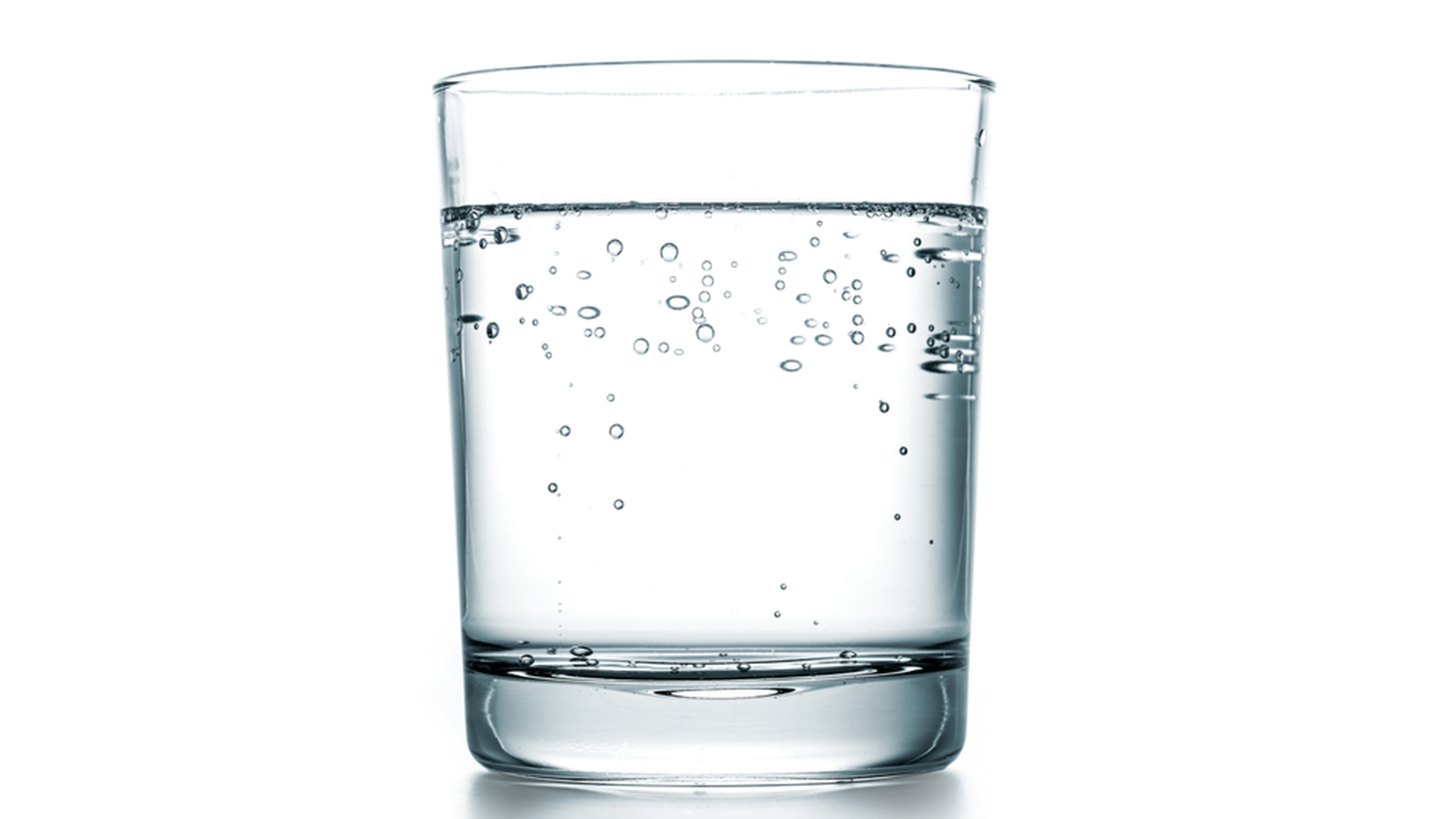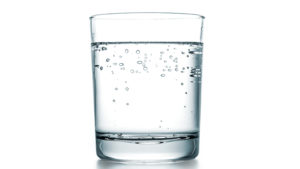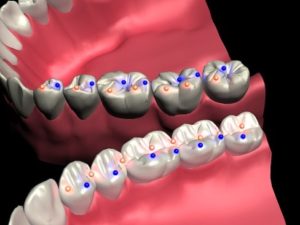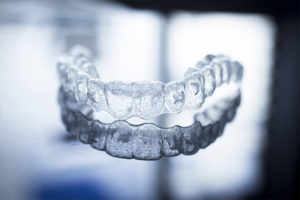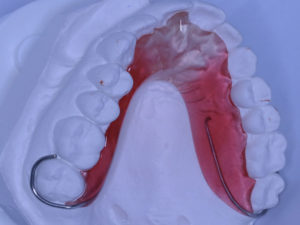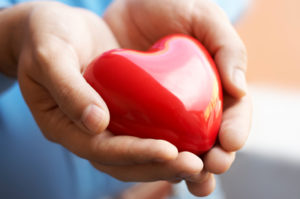Throughout the past couple of weeks, we have had numerous people mention that they are making their own “bubbly water” at home.
Usually I find this out in response to a conversation that arises from patient complaints of sensitive teeth or when we are seeing areas of erosion (i.e. lost enamel due to chemical process). This is so common now that I have started asking patients who have these issues: “do you like bubbly water?” Often they look at me like I’m a mind reader and then tell me how much they love bubbly water; one lady who was complaining about increasingly sensitive teeth got very excited when I suggested that she may want to stop carbonating her water — loudly mentioning “YOU CAN’T TAKE MY BUBBLY WATER AWAY!”
If you look up carbonated water on Wikipedia, it’s described as:
Carbonated water (also known as sparkling water, seltzer water, seltzer, bubbly water, or fizzy water, or the closely related club soda or soda water) is water into which carbon dioxide gas under pressure has been dissolved.
Carbonation is the process that causes the water to become effervescent. Most carbonated water is sold in ready to drink bottles like carbonated beverages such as soft drinks, but it can also be prepared at home with soda makers.
Carbon dioxide gas dissolved in water at a low concentration (0.2–1.0%) creates carbonic acid (H2CO3) according to the following reaction: H2O(l) + CO2(g) ⇌ H2CO3(aq)The acid gives carbonated water a slightly tart flavor (this is partly due to the carbonic acid). The pH level between 3 and 4 is approximately in between apple juice and orange juice in acidity, but much less acidic than the acid in the stomach.
SodaStream is an example of one of the home systems available; you can even create different levels of bubbliness by injecting less or more carbon dioxide. The more bubbles you create, the more acidic the water becomes.
While this acidity is not a risk to overall health, it is detrimental to your teeth. The critical pH for your teeth is approximately 5.5; below this and your teeth (which are 96% mineral) are losing enamel through osmosis as the acid pulls minerals from your enamel. People who add lemon or lime to their water make the problem even worse.
Our advice is to watch your diet for sources of acidity and avoid it as much as possible. Keep an eye out for a future blog post where we will look at commercially bottled water and how many of them are also acidic. In the meantime, feel free to get in touch with The Marshall Clinic team with any questions you may have by calling (604) 733-9311 or by completing our contact form today.

